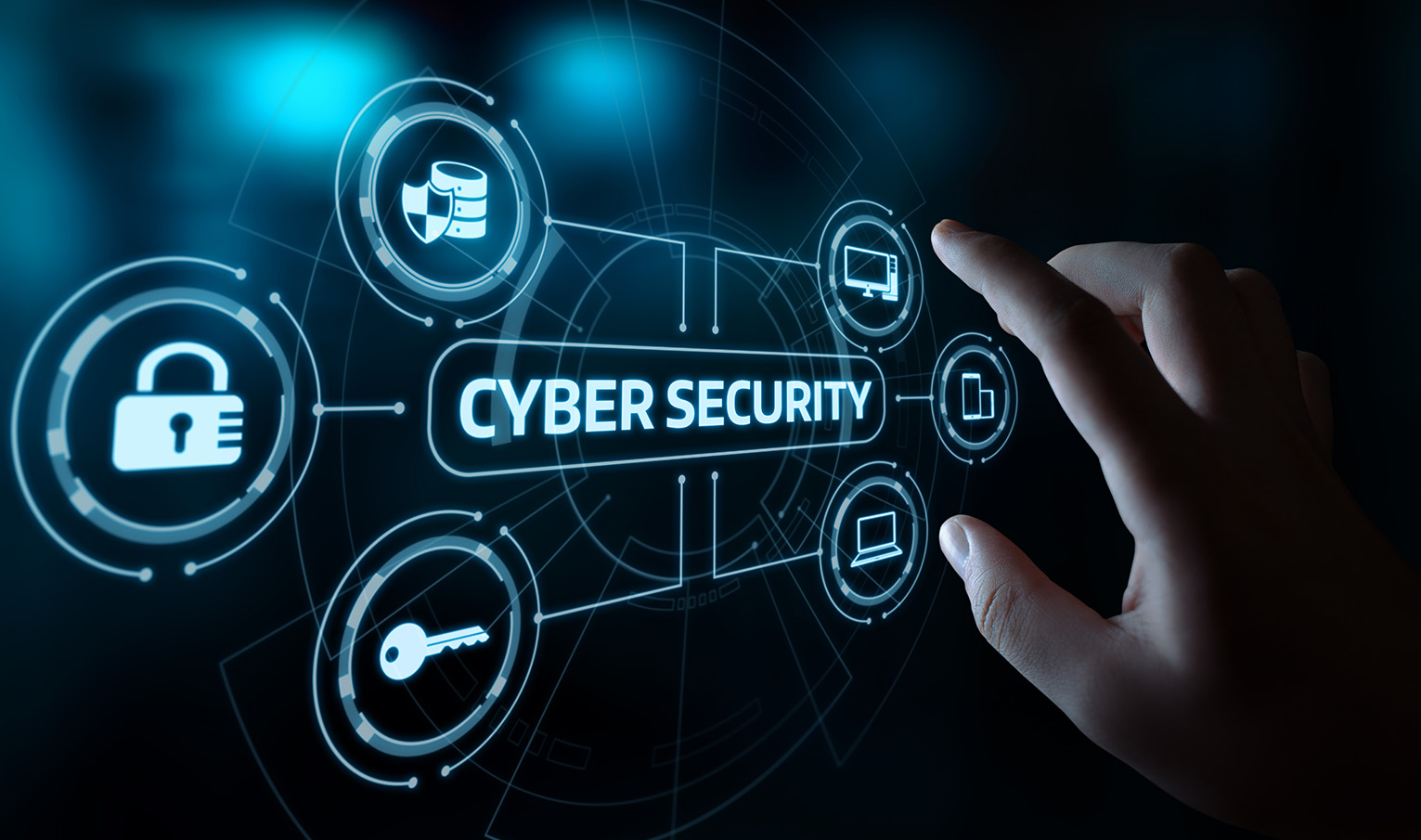In the realm of law and legal agreements, the term “Licencia” holds significant importance. It signifies the granting of rights, often in the form of licenses, which are pivotal in various legal contexts. In this article, we will delve into the intricate world of licensing, exploring its diverse forms and the legal aspects that govern it.
Types of Licences in the Legal World
Intellectual Property Licenses
The world of intellectual property hinges on licensing arrangements, facilitating the authorized use of valuable intangible assets.
Patents, Trademarks, and Copyrights
Licensing plays a vital role in protecting intellectual property rights. Patent holders, trademark owners, and copyright creators grant licenses to others, allowing them to use, reproduce, or distribute their intellectual creations.
Licensing Agreements and Royalties
Licensing agreements outline the terms and conditions under which intellectual property can be used. These agreements often involve royalties, ensuring that creators and owners receive compensation for the use of their intellectual property.
Protecting Intellectual Property Rights
Licensing also serves as a protective mechanism, as it grants control over the use of intellectual property. Violations of licensing agreements can lead to legal action and remedies.
Software Licenses
In the digital age, software licensing is a ubiquitous concept, with implications for both individual users and businesses.
Proprietary vs. Open Source
Software can be proprietary, with strict licensing terms, or open source, offering more freedom to users. Understanding these distinctions is crucial when using and distributing software.
End-User License Agreements (EULAs)
EULAs are commonly encountered when installing software. These agreements dictate how the software can be used, limitations on liability, and the consequences of non-compliance.
Compliance and Violations
Compliance with software licenses is essential to avoid legal issues. Violating licensing terms can result in penalties and legal action, making it vital for individuals and organizations to stay informed.
Professional Licenses
In professions like medicine, law, and engineering, licenses are prerequisites for practicing legally and upholding professional standards.
Medical, Legal, and Engineering Licenses
Professionals in these fields must obtain licenses, typically through examinations and education, to ensure competence and public safety.
Licensing Requirements and Examinations
Licensing requirements vary by jurisdiction and profession. Passing licensing examinations and meeting educational criteria are common steps on the path to professional licensure.
Maintaining Professional Standards
Once licensed, professionals are held to high ethical and competency standards. Violations of these standards can result in license suspension or revocation.
Legal Aspects of Licensing
Contractual Obligations
Licensing agreements are essentially contracts, subject to specific terms, conditions, and legal ramifications.
Terms and Conditions
Licensing agreements specify the rights and responsibilities of both parties. These terms encompass usage restrictions, duration of the license, and payment terms.
Breach of Contract
When one party fails to adhere to the terms of a licensing agreement, it constitutes a breach of contract. Legal remedies are available to address such breaches, which may include compensation or termination of the license.
Remedies and Dispute Resolution
Disputes arising from licensing agreements can be resolved through negotiation, arbitration, or litigation. Understanding the available remedies is crucial when disputes arise.
Regulatory Compliance
Licensing often intersects with government regulations, necessitating adherence to legal frameworks and standards.
Government Regulations
Government agencies regulate certain industries and professions, requiring compliance with specific licensing and operational standards.
Compliance Audits
To ensure compliance, regulatory authorities may conduct audits and investigations. Non-compliance can result in fines, sanctions, or legal actions.
Consequences of Non-Compliance
Non-compliance with licensing and regulatory requirements can have severe consequences, including legal penalties and reputational damage.
International Licensing
In a globalized world, licensing agreements often transcend borders, raising complex legal challenges.
Cross-Border Agreements
International licensing agreements involve considerations of different legal systems, currencies, and cultural nuances, necessitating careful drafting and negotiation.
Jurisdictional Challenges
Determining the jurisdiction under which a licensing dispute falls can be complex, requiring legal expertise to navigate cross-border issues.
Ensuring Global Compliance
Maintaining compliance with international licensing agreements demands vigilance and an understanding of the legal intricacies involved.
Emerging Trends in Licensing
The landscape of licensing is continually evolving, shaped by technological advancements and changing industries.
Digital Licensing and Blockchain
In the digital age, securing digital assets through licensing is paramount. Blockchain technology offers transparency and traceability, while smart contracts automate and enforce licensing agreements.
Securing Digital Assets
Digital licensing involves protecting digital assets from unauthorized use or distribution. Blockchain technology enhances security by creating tamper-proof records of transactions and licenses.
Transparency and Traceability
Blockchain provides transparency by allowing all parties to view the history of a license. This traceability enhances trust and ensures compliance.
Smart Contracts
Smart contracts, powered by blockchain, automatically execute and enforce licensing agreements. They eliminate the need for intermediaries and reduce the risk of disputes.
Licensing in the Entertainment Industry
The entertainment industry relies heavily on licensing for the distribution of content, with notable implications for creators and consumers.
Streaming Services and Content Licensing
Streaming platforms license content for distribution, necessitating negotiations between content creators, studios, and platforms. Licensing terms affect compensation and access for consumers.
Challenges and Opportunities
The entertainment industry faces challenges such as piracy and fair compensation for creators. Licensing agreements must adapt to address these issues while creating new opportunities for content distribution.
Fair Compensation for Creators
Licensing agreements in the entertainment industry are increasingly scrutinized for their impact on creators’ earnings. Ensuring fair compensation remains a central concern.
Conclusion
In the intricate tapestry of legal agreements, licensing stands as a vital thread, connecting creators, professionals, businesses, and consumers. The world of “Licencia” continually evolves, adapting to technological advancements and shifting legal landscapes. Understanding the nuances and complexities of licensing is not just a legal necessity; it is a cornerstone of modern society, shaping how we navigate intellectual property, software, professions, and international agreements. As the legal world continues to transform, the enduring importance of “Licencia” remains steadfast, guiding us through the intricate web of licensing agreements and legal obligations.




